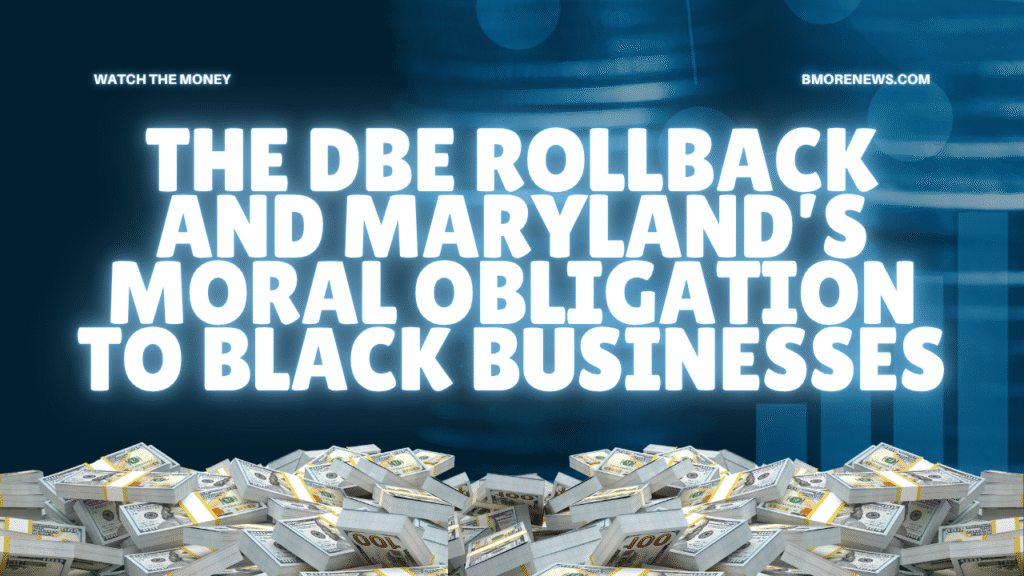(BALTIMORE – October 27, 2025) – On or about October 16, 2025, Maryland’s Department of General Services (DGS) issued a notice to vendors adopting the position of the Maryland Department of Transportation (MDOT) regarding the U.S. Department of Transportation’s (USDOT) Interim Final Rule (IFR) on the Disadvantaged Business Enterprise (DBE) program.
In plain language, this rule removes the long-standing presumption of eligibility for firms owned by racial minorities and women. It marks a fundamental shift in how minority business participation will be recognized — not only in Maryland but across the nation.
USDOT’s justification for this IFR stems from recent federal court rulings — including Students for Fair Admissions v. Harvard — and a series of executive orders from the current administration. Together, these actions have effectively declared that race- and gender-based presumptions in contracting are unconstitutional, even when those programs were created to remedy generations of discrimination.
According to the federal narrative, the DBE program’s presumptions “violate the equal protection component of the Fifth Amendment.” The DOJ and DOT now hold that any group presumed to be socially or economically disadvantaged must prove, on an individualized basis, that it has suffered harm — ending nearly 40 years of targeted inclusion efforts.
Let’s be clear: this reasoning assumes that the experiences of Black Americans — descendants of people enslaved in this country — are legally and historically identical to those of other groups later included under the “minority” umbrella. That assumption is both false and dangerous.
The original purpose of the DBE program was to address the enduring effects of slavery, Jim Crow, and systemic exclusion that uniquely disadvantaged Black entrepreneurs. To suggest that this same history requires new “proof” in 2025 ignores every historical and economic fact that led to the creation of these programs in the first place.
The presumption of eligibility for firms owned by African Americans was not a mere political gesture. It was a recognition of a moral and legal reality — that centuries of state-sanctioned discrimination created a structural disadvantage unlike any other. There is no Supreme Court decision overturning that premise.
Therefore, Maryland has both the authority and the obligation to interpret the IFR through a lens that acknowledges this distinct history. Our state can — and should — assert that maintaining the presumption for Black-owned firms is consistent with both constitutional principles and the intent of the original DBE statute.
This is where leadership matters.
Comptroller Brooke Lierman, Governor Wes Moore, and Attorney General Anthony Brown must act together to defend equity in public contracting — not as a handout, but as a matter of justice and economic integrity.
Black businesses have been the backbone of Maryland’s economy for generations, even when doors were closed to them. To strip away hard-fought tools for fairness is to rewrite history itself.
The time has come for Maryland to stand firm — not in defiance of the law, but in defense of what is right.

